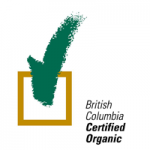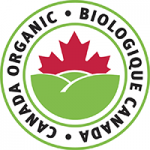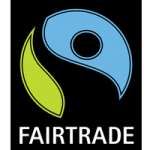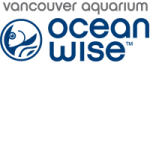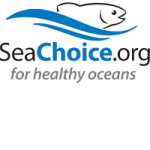Sustainable catering considers not only the cost and quality of the products being consumed, but also their impacts on the environment and society.
Everything from the type of food you serve to how you serve it has a significant influence on your event’s overall ecological and carbon footprint. Whether you are working with caterers or self-catering, consider the guidelines below to host a sustainable event. Ensure composting and recycling options are available. For events at UBC Vancouver, find out how you can order bins.
Food and Beverage
- Seasonal, organic and locally grown/produced products
- Organic, shade-grown, Fairtrade coffee and tea
- Fairtrade products, such as sugar, cocoa products and bananas
- Vendors that source produce from the UBC Farm
- Sustainably caught seafood and/or free range, organic meats
- Vegetarian or vegan meal options
- Condiments in bulk, rather than individually packaged portions
- Pitchers of tap water, instead of individual water bottles
Serving Method and Packaging
- Reusable cutlery, mugs, glasses, dishes, and serving trays
- Linen/cloth napkins and tablecloths
- if not available, choose chlorine and dye-free paper napkins with the highest post-consumer waste content possible
- Buffet-style meals, with finger foods that do not require utensils or individual packaging
- Compostable paper/fibre containers and plates for food
- if disposable products must be used choose recyclable plastic food containers #1, 2, 4 or 5
- Encourage guests in advance to bring their own travel mug/water bottle to the event
- Recyclable containers for drinks
- paper cups or plastics #1, 2, 4, 5
- Bottled water
- Food sourced from faraway locations, and which travelled large distances
- Food and beverage products with low nutritional value
- Over ordering, to reduce food waste
- Styrofoam or plastic disposable plates
- Plastics #3, 6 or 7
- Chlorine processed and dyed paper napkins
- Individually packaged condiments
- Plastic bags
- Excessively packaged items and soft plastics
